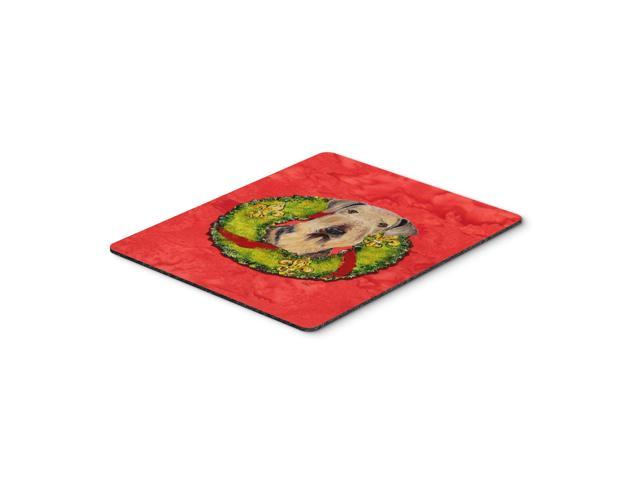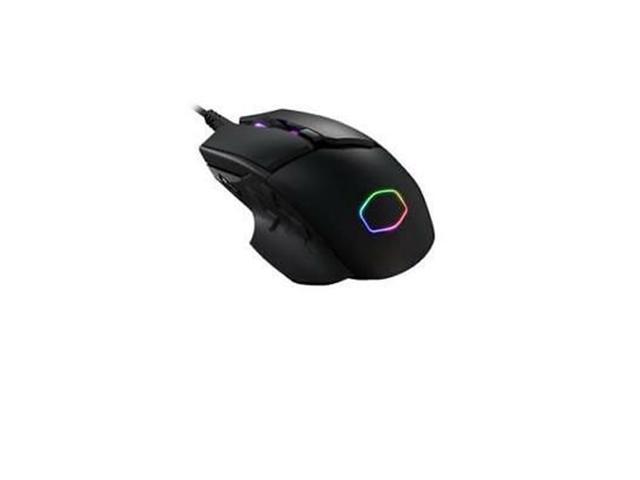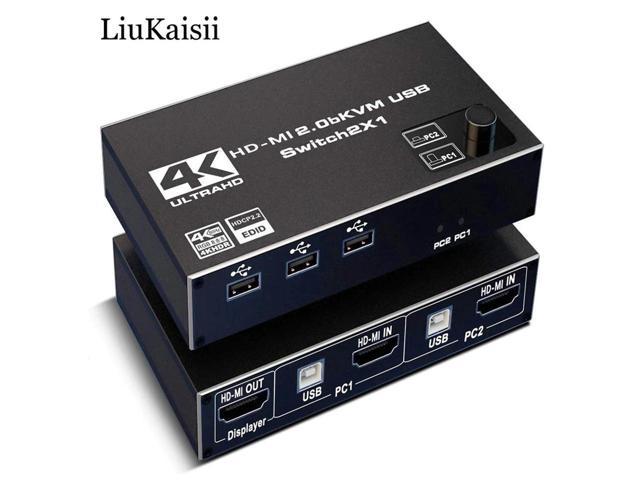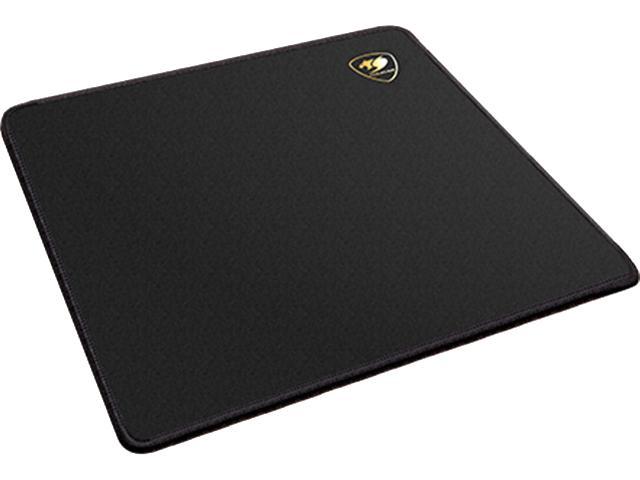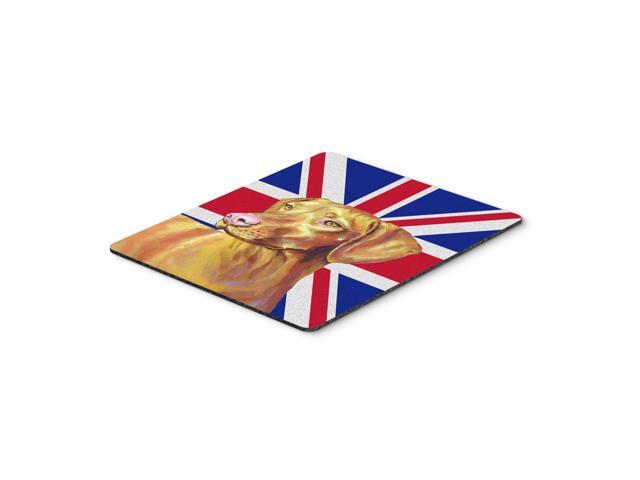This book explores methods to study the complex and evolving interplay between a virus and its host that range from model systems to the detection of chemical molecules. The collection starts with the application of humanized mice and zebrafish as model organisms to study virus-host interactions and induction of innate immune responses. Subsequent chapters outline diverse methods to detect small interfering RNAs, microRNAs, and virus-derived dsRNA from a variety of cells, tissues, and organisms, as well as to interrogating the cytosolic RNA and DNA sensing pathways, including using RNA PAMPs as molecular tools, purification of cGAMP from virus particles and infected cells, and mechanisms to visualize the subcellular localization and activation of the adaptor proteins MAVS and STING. Cutting-edge methods, including high-throughput and genome-wide CRISPR/Cas9 screens, chromosome conformation capture, and whole-exome sequencing, are described to identify novel mediators, pathways, and variants underlying host susceptibility. Given the importance of studying these pathways and players under physiologic conditions, methods describing the isolation of primary mouse sensory neurons and group 2 innate lymphoid cells are also provided. Finally, this collection comes full circle back to the whole organism level and concludes with epidemiological methods to investigate virus-host interactions and the induction of innate immunity. Written for theMethods in Molecular Biologyseries, chapters include introductions to their respective topics, lists of the necessary materials and reagents, step-by-step, readily reproducible laboratory protocols, and tips on troubleshooting and avoiding known pitfalls.

222.95 CAD
Buy NowAuthoritative and practical,Innate Antiviral Immunity: Methods and Protocolsspans a diverse array of approaches to study and elucidate the intricacies of this vital area of study.
The chapter ‘‘Morphological Separation of Clustered Nuclei in Histological Images’’ is published open access under a CC BY 4.0 license at link.springer.com.



